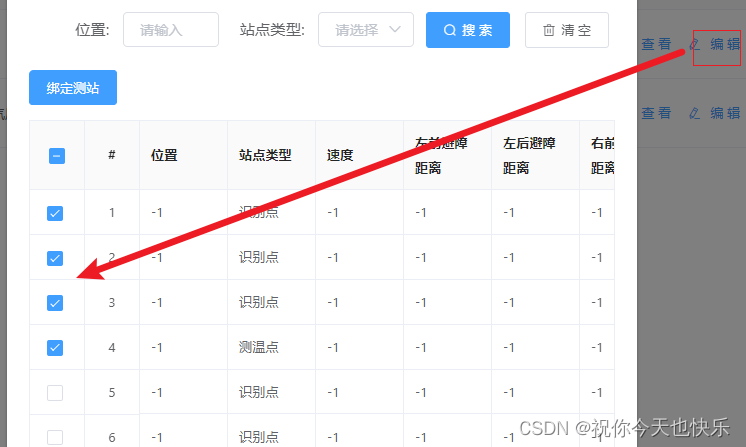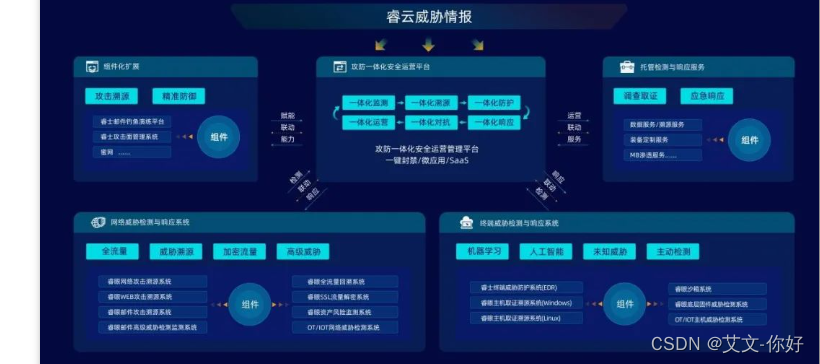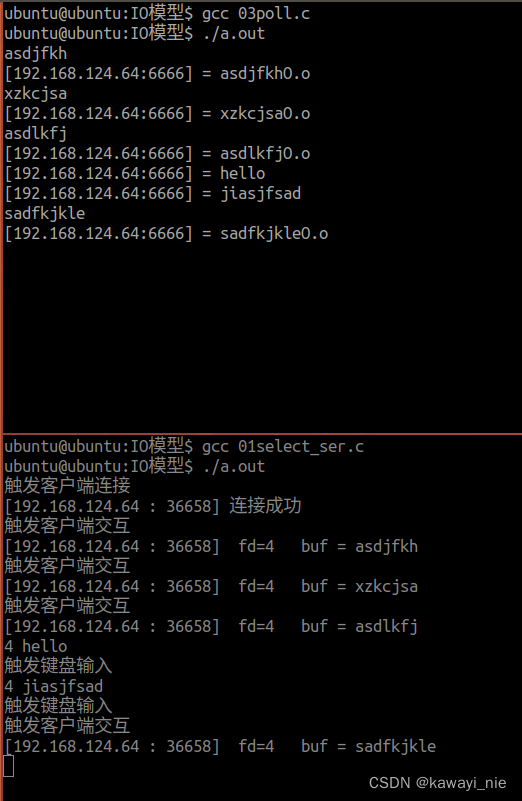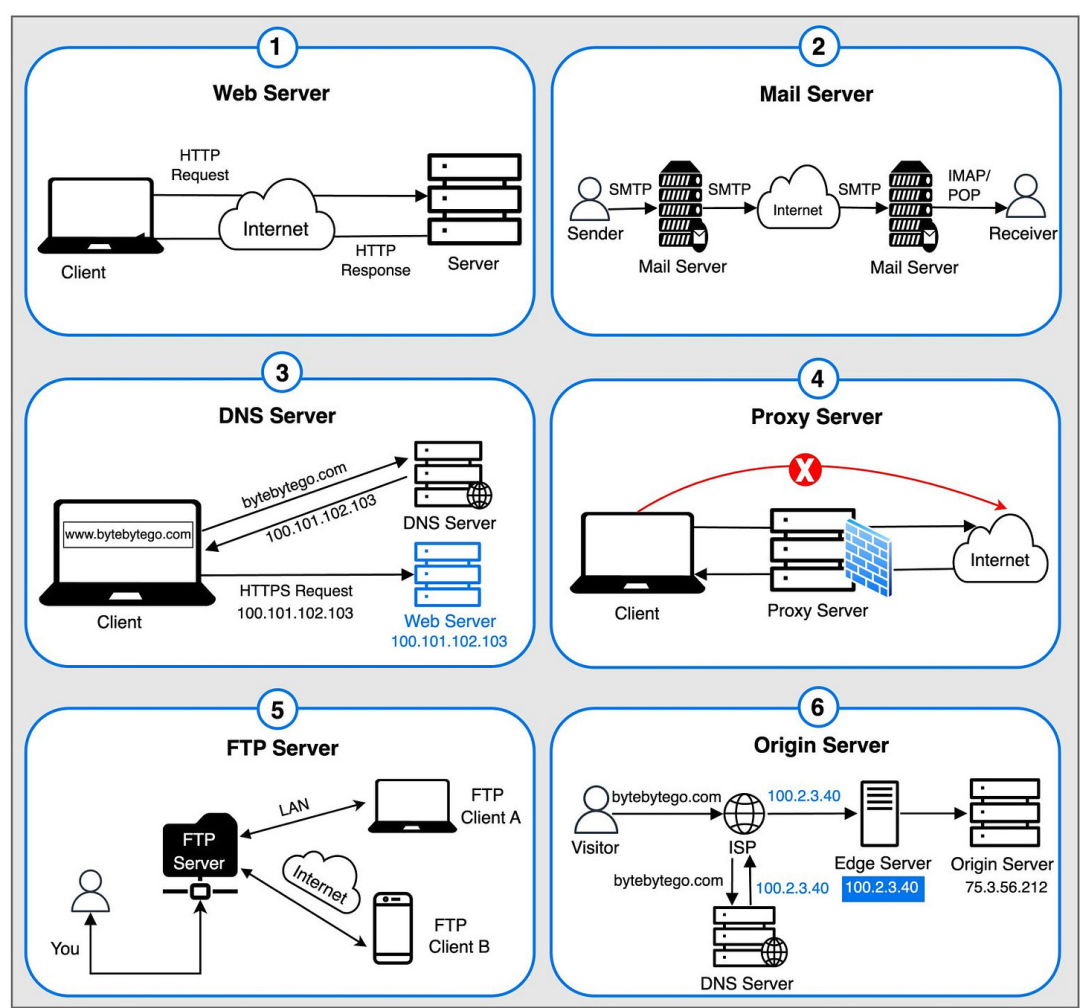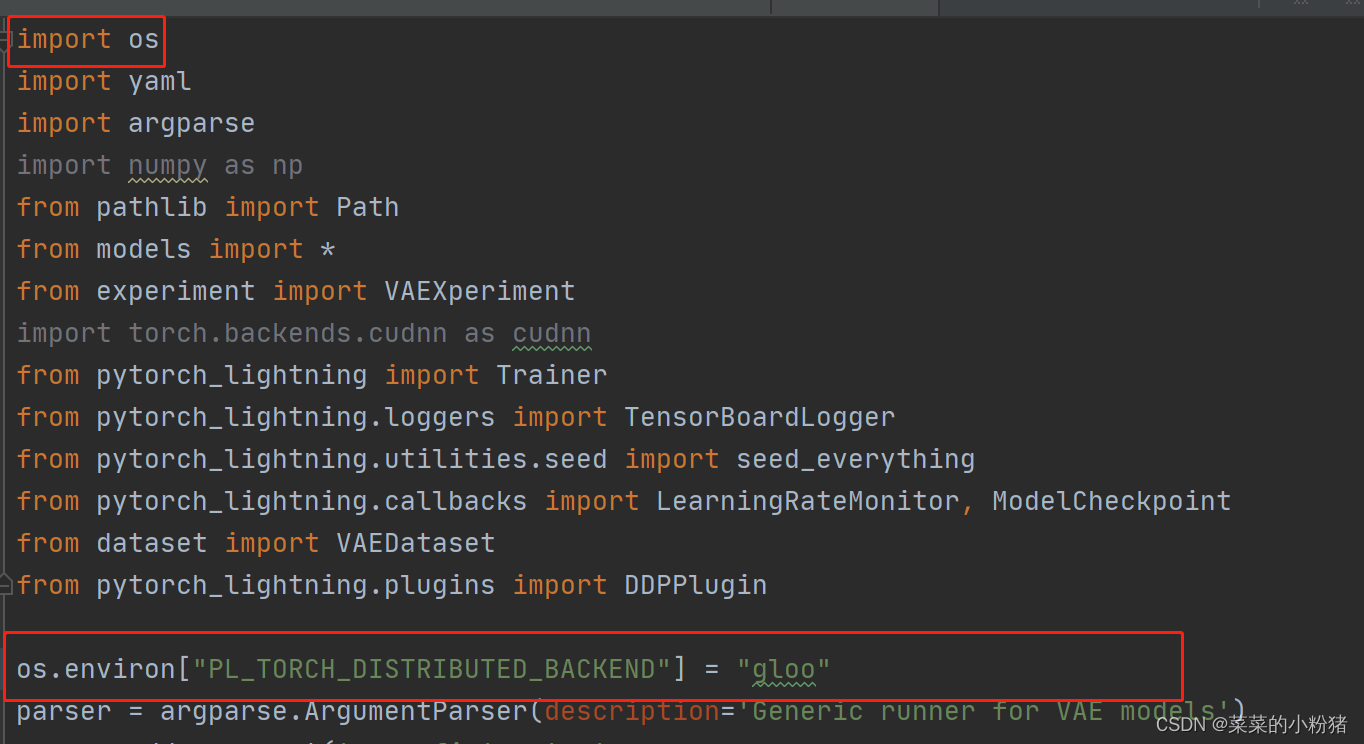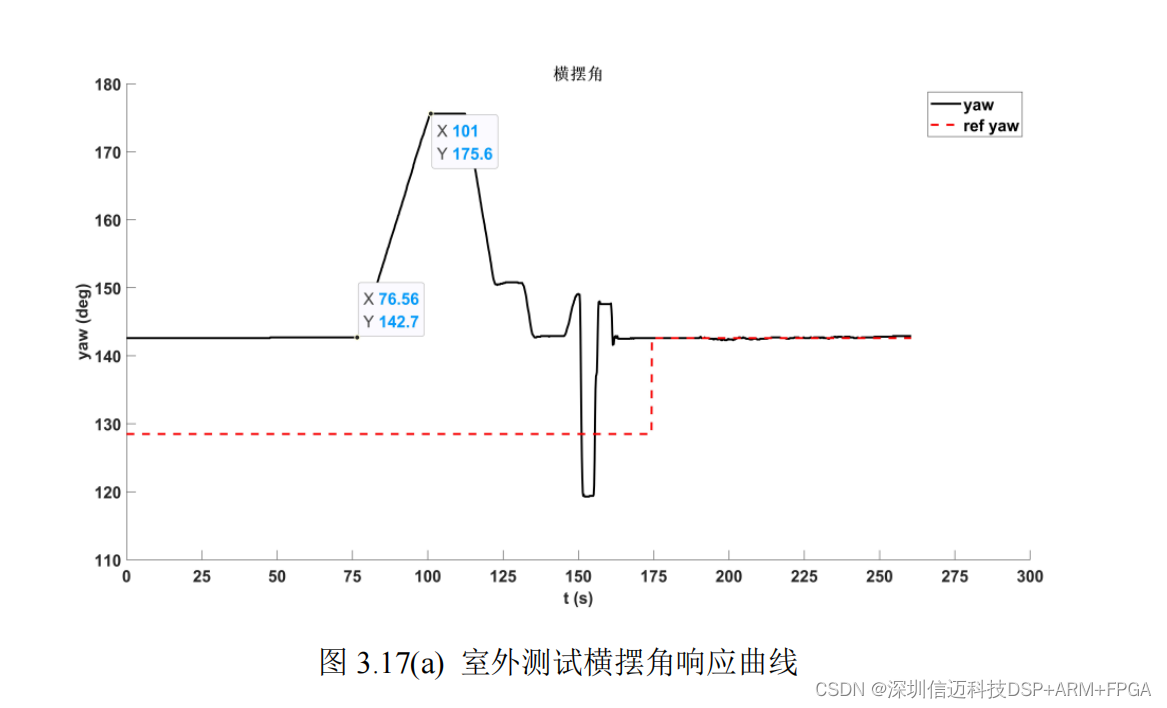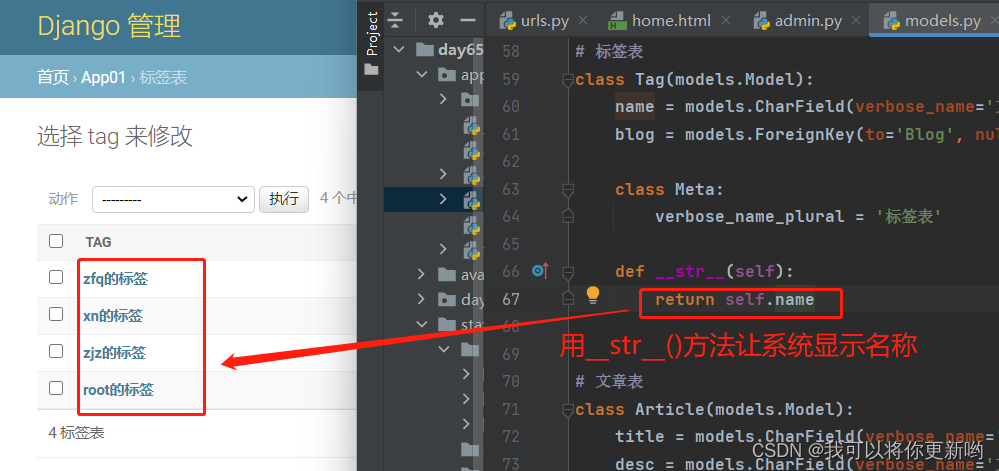Spring Cloud Feign MultipartFile文件上传踩坑之路总结
一、前端文件上传
文件上传组件用的是ant-design的a-upload组件,我的界面如下所示:
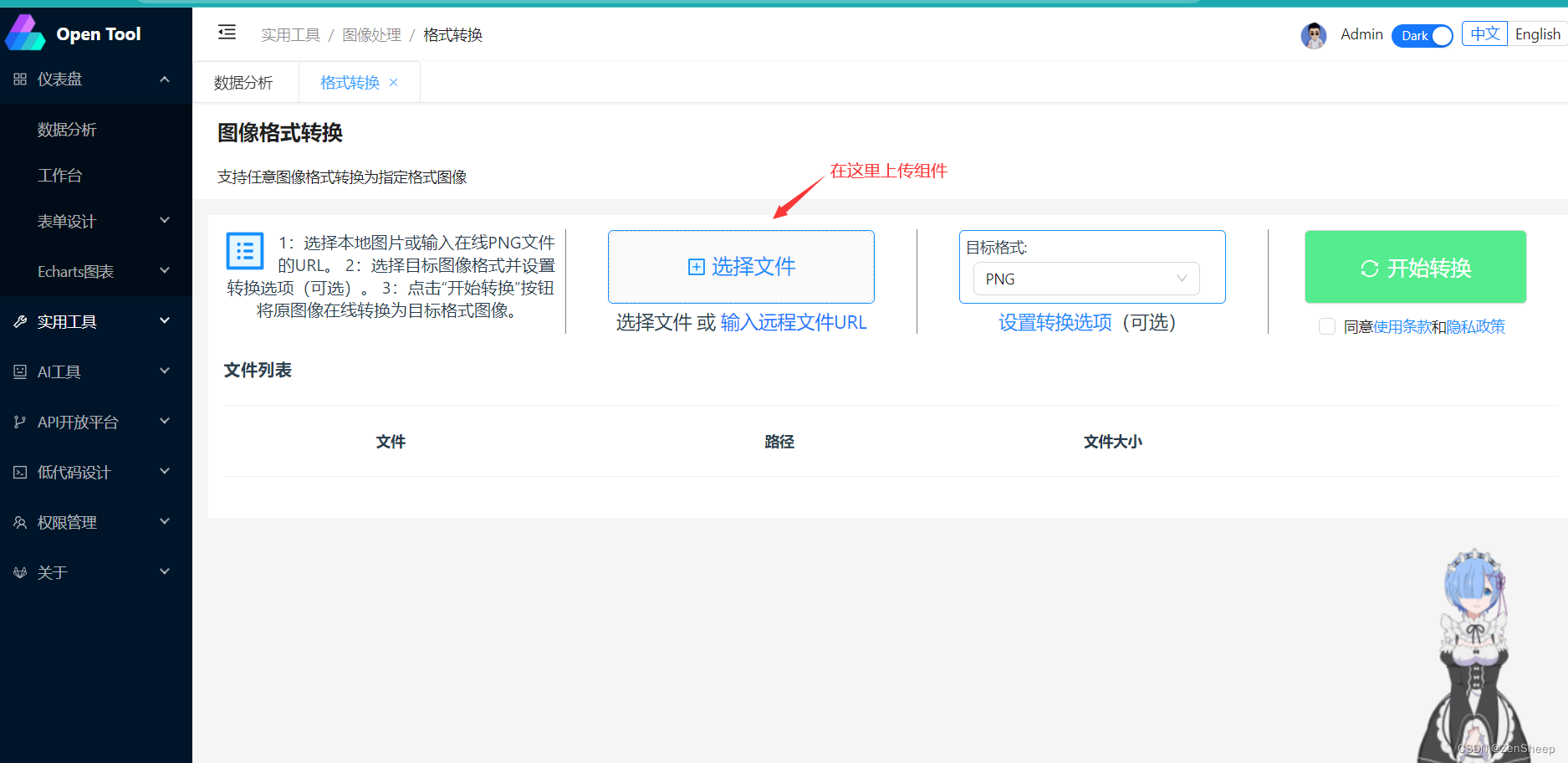
文件上传请求API:
FileUtils.js
import axios from "axios"
const uploadApi = ({file, URL, onUploadProgress}) => {
const formData = new FormData()
formData.append('file', file)
return axios.post(URL, formData, {headers:{
'Content-type': 'multipart/form-data',
},
onUploadProgress // 上传进度回调函数 onUploadProgress(ev))
})
}
export default uploadApi;
需要注意的只有FileUtils.js定义的uploadApi请求函数,其中URL为后端请求接口(“/imageConvert/upload”),文件上传方法必须定义为POST,在headers加入’Content-type’: ‘multipart/form-data’,后端即可用@RequestParam或者@RequestPart + MultipartFile 来接受文件。
FileUpload.vue(无关紧要,用法大致相同,看你自己需求,这里只是提供一个参考范例)
// 自定义文件上传公共函数
// e - 上传组件返回的上传实例,里面包括 file,和一些组件方法
// e.file - 上传的文件实例对象
const customUpload = e => {
let curFile = fileList.value.filter(item => item.uid == e.file.uid)[0]
curFile.status = 'uploading'
uploadApi({
file: e.file,
URL: '/imageConvert/upload',
// uid: 'admin', // 需要更改为用户id,待修改
onUploadProgress: ev => {
// ev - axios 上传进度实例,上传过程触发多次
// ev.loaded 当前已上传内容的大小,ev.total - 本次上传请求内容总大小
// console.log(ev);
const percent = (ev.loaded / ev.total) * 100;
// 计算出上传进度,调用组件进度条方法
e.onProgress({ percent });
}
})
.then(res => {
let curFile = fileList.value.filter(item => item.uid == e.file.uid)[0]
curFile.response = res.data
if(res.data.code == 400) {
curFile.status = 'error'
curFile['error'] = curFile.response.msg
console.error(`文件${curFile.name}上传失败:${res.data.msg}`)
} else {
// 通知组件该文件上传成功
curFile.status = 'done'
curFile.url = res.data.data
curFile.thumbUrl = res.data.data
console.log(`文件${curFile.name}上传成功`, curFile.url);
}
})
.catch(err => {
let curFile = fileList.value.filter(item => item.uid == e.file.uid)[0]
curFile.status = 'error'
curFile['error'] = '文件传输失败'
console.log('上传失败', err);
})
}
二、后端处理
后端框架我这里使用的是Spring Cloud,将文件处理统一定义为一个单独模块,通过Feign为其他业务模块提供服务。
服务提供者
Controller
这里注意要在@PostMapping加入MediaType.MULTIPART_FORM_DATA_VALUEMediaType.MULTIPART_FORM_DATA_VALUE,并且参数使用@RequestPart来接受参数
@RefreshScope
@RestController
@RequestMapping("/oss/file")
public class OSSFileController {
@Autowired
private IOSSService ossService;
/**
* 文件上传,入参可以根据具体业务进行添加
* @param file 文件
* @return 响应结果
*/
@PostMapping( value = "/upload", consumes = MediaType.MULTIPART_FORM_DATA_VALUE)
public String uploadFile(@RequestPart("file") MultipartFile file, @RequestParam("storagePath") String storagePath) {
return ossService.uploadFile(file, storagePath);
}
}
Service(文件存储方式跟Feign没关系,可忽略)
收到文件后我们将其保存在aliyun-oss文件服务器中:
如何将文件保存在aliyun-oss具体请参考:Spring Boot 集成阿里云 OSS 进行文件存储
或者可以使用file.transferTo(File file)保存至本地
**
* OSS服务类
* / @Author: ZenSheep
* / @Date: 2023/8/10 16:05
*/
@Service
public class OSSService implements IOSSService {
@Autowired
private OSS ossClient;
@Autowired
private OSSConfiguration ossConfiguration;
/**
* 上传文件到阿里云 OSS 服务器
* 链接:https://help.aliyun.com/document_detail/oss/sdk/java-sdk/upload_object.html?spm=5176.docoss/user_guide/upload_object
*
* @param file 文件
* @param storagePath 文件存储路径
* @return 文件存储完整路径
*/
@Override
public String uploadFile(MultipartFile file, String storagePath) {
String url = "";
try {
// UUID生成文件名,防止重复
String fileName = "";
String baseName = OSSFileUtils.getBaseName(OSSFileUtils.getBaseName(file.getOriginalFilename()));
InputStream inputStream = file.getInputStream();
// 创建ObjectMetadata,设置用户自定义的元数据以及HTTP头,比如内容长度,ETag等
ObjectMetadata objectMetadata = new ObjectMetadata();
objectMetadata.setContentLength(inputStream.available());
objectMetadata.setCacheControl("no-cache");
objectMetadata.setHeader("Pragma", "no-cache");
objectMetadata.setContentType(OSSFileUtils.getcontentType(file.getOriginalFilename()));
objectMetadata.setContentDisposition("inline;filename=" + baseName);
fileName = storagePath + "/" + UUID.randomUUID().toString() + "/" + file.getOriginalFilename();
// 上传文件:调用ossClient的putObject方法完成文件上传,并返回文件名
ossClient.putObject(ossConfiguration.getBucketName(), fileName, inputStream, objectMetadata);
// 设置签名URL过期时间,单位为毫秒。
Date expiration = new Date(new Date().getTime() + 3600 * 1000);
// 生成以GET方法访问的签名URL,访客可以直接通过浏览器访问相关内容。
url = ossClient.generatePresignedUrl(ossConfiguration.getBucketName(), fileName, expiration).toString();
} catch (IOException e) {
e.printStackTrace();
}
return url;
}
}
Feign
引入依赖:
<!-- SpringCloud Openfeign -->
<dependency>
<groupId>org.springframework.cloud</groupId>
<artifactId>spring-cloud-starter-openfeign</artifactId>
</dependency>
RemoteFileService
这里同样需要注意:@PostMapping需要加入consumes = MediaType.MULTIPART_FORM_DATA_VALUE,参数传递用@RequestPart(“file”)
import org.springframework.cloud.openfeign.FeignClient;
import org.springframework.http.MediaType;
import org.springframework.web.bind.annotation.PostMapping;
import org.springframework.web.bind.annotation.RequestParam;
import org.springframework.web.bind.annotation.RequestPart;
import org.springframework.web.multipart.MultipartFile;
/**
* File Feign: 提供File的远程服务
* / @Author: ZenSheep
* / @Date: 2023/8/14 18:48
*/
@FeignClient(name = "opentool-system", contextId="remote-file")
public interface RemoteFileService {
@PostMapping(value = "/oss/file/upload", consumes = MediaType.MULTIPART_FORM_DATA_VALUE)
String uploadFile(@RequestPart("file") MultipartFile file, @RequestParam("storagePath") String storagePath);
}
服务消费者
Controller
/**
* 图像转换控制类
* / @Author: ZenSheep
* / @Date: 2023/8/14 18:59
*/
@RefreshScope
@RestController
@RequestMapping("/imageConvert")
public class ImageConvertController {
@Autowired
IImageConvertService iImageConvertService;
@PostMapping("/upload")
public R<?> uploadFile(@RequestPart("file") MultipartFile file) {
return R.ok(iImageConvertService.uploadFile(file, "ImageConvert/images"));
}
}
Service(在这里调用feign服务)
/**
* 图像转换服务类
* / @Author: ZenSheep
* / @Date: 2023/8/14 18:53
*/
@Service
public class ImageConvertService implements IImageConvertService {
@Autowired
private RemoteFileService remoteFileService;
@Override
public String uploadFile(MultipartFile file, String storagePath) {
return remoteFileService.uploadFile(file, storagePath);
}
}
ok,到这一步我们的工作就完成了,测试一下:
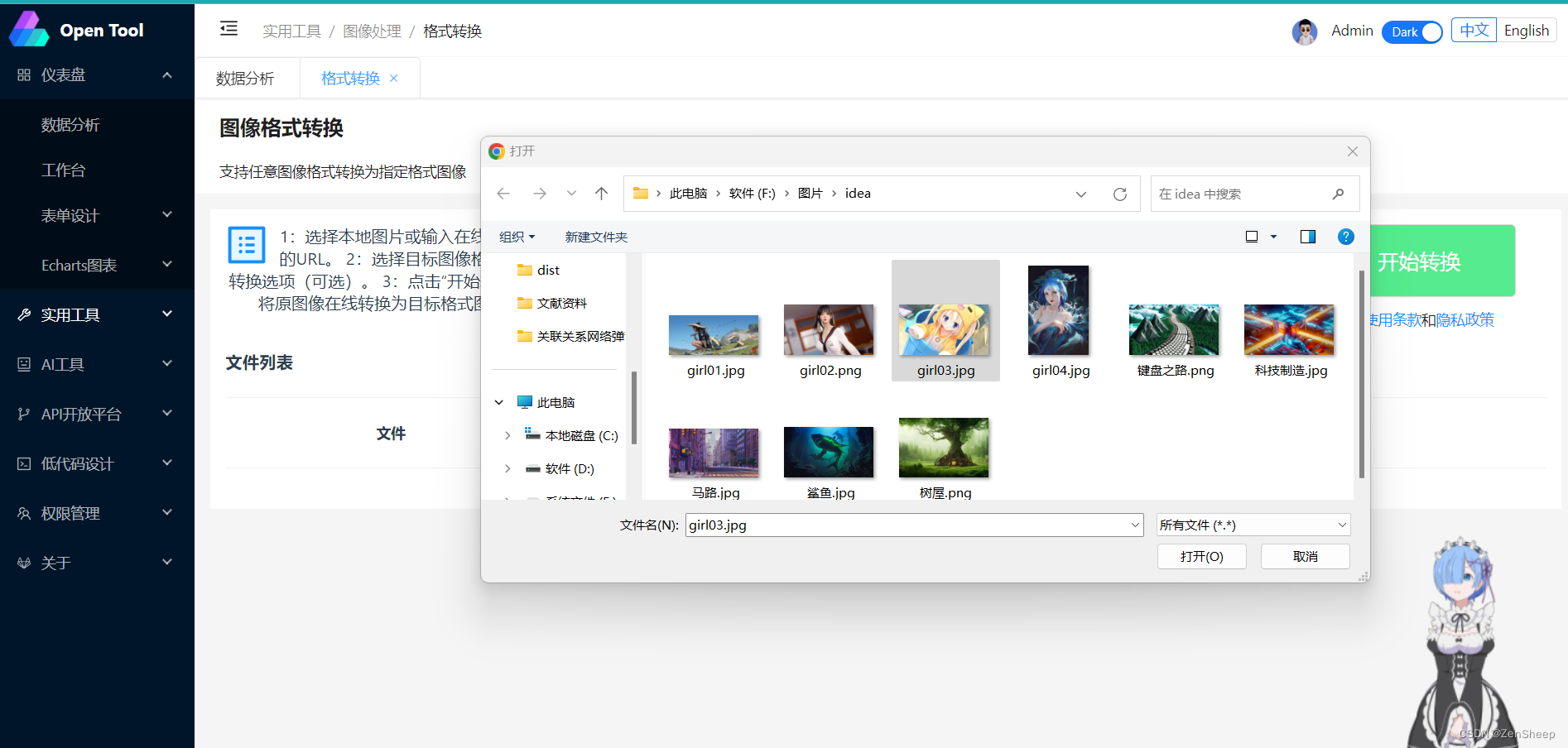
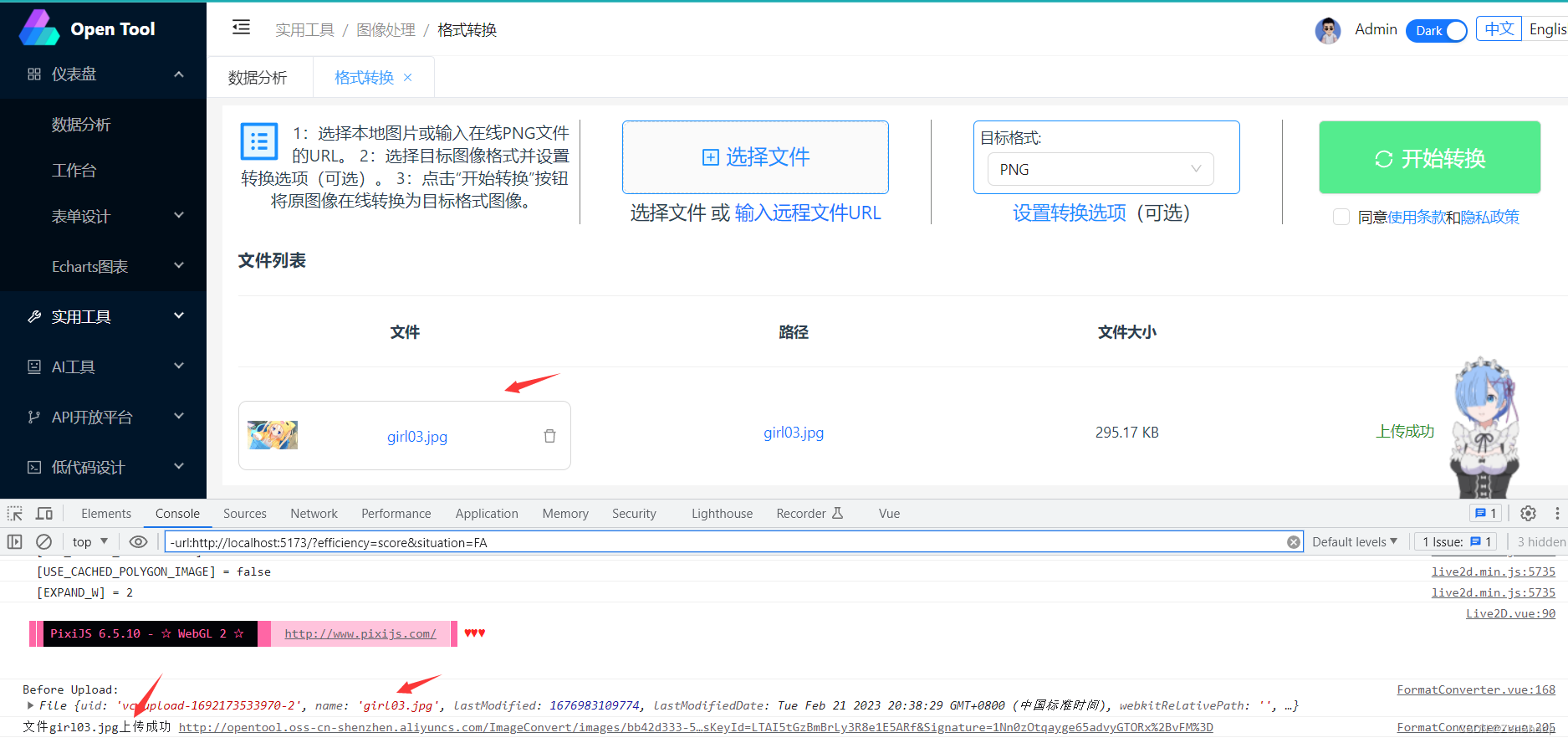
可以看到我们的文件已经成功上传,并成功保存至目标服务器返回了一个文件存储url,有什么不懂的可以在评论区问我,哪里讲的不对请大佬轻喷,我也是第一次做文件传输。

![[计算机入门] 设置屏幕分辨率](https://img-blog.csdnimg.cn/67e0e85044aa45d38b81bc96ef02663d.png)
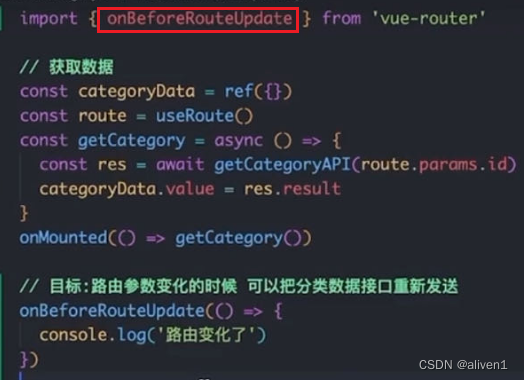
![[自学记录06|*百人计划]Gamma矫正与线性工作流](https://img-blog.csdnimg.cn/img_convert/fb9053fca186cfaba119a681ab098e7a.jpeg)



